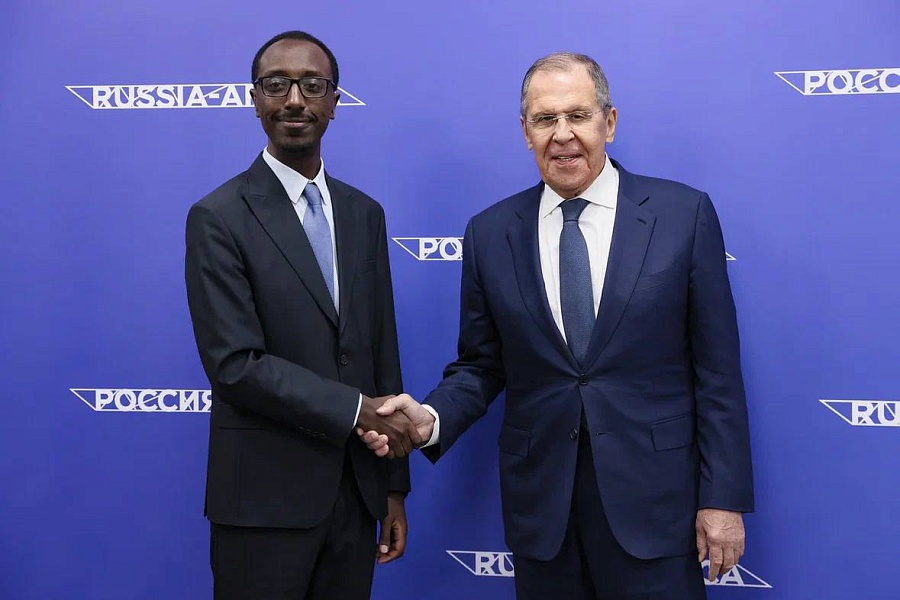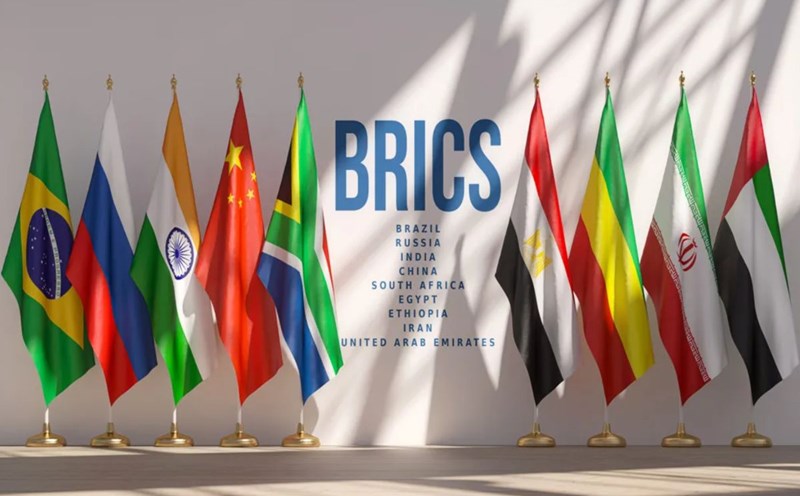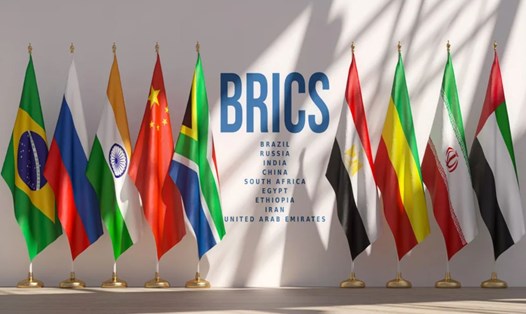Amid the wave of de-dollarization, Russia and Ethiopia have just taken a step forward by starting to trade in their national currencies. Ethiopian Ambassador to Russia Genet Teshome Jirru stressed that although the transition is still in its early stages, both countries are committed to expanding this activity.
"This process between Russia and Ethiopia is still in its early stages, so it is too early to provide exact statistics. But both sides are clearly interested in trading in national currencies and this cooperation will develop over time," Ambassador Genet Teshome Jirru said in an interview with Russian news agency TASS.
The Ambassador stressed that conducting transactions in local currencies offers financial advantages, regardless of external factors such as international sanctions. “Even without sanctions, it is always advantageous to transact in local currencies. This reduces transaction costs and avoids the risk of exchange rate fluctuations,” the Ambassador said.
Further emphasizing the benefits, the Ambassador pointed out that dependence on foreign currencies creates uncertainty and can push up commodity prices due to speculative trading. He concluded that abandoning the US dollar would not only help Russia and Ethiopia reduce their dependence on the Western financial system but also protect the two economies from unstable geopolitical factors.

According to Business Insider Africa, Ethiopia has recently been included in the list of three African countries where Russia allows banks to conduct currency transactions in Russia, along with Nigeria and Tunisia.
The Russian government asserted that the decision would help meet the demand for payments in the Russian national currency, while also improving the efficiency of the system of direct conversion between currencies of friendly and neutral countries.
Ethiopia's economic ties with Russia are growing after the country became a BRICS member in January 2024. As part of BRICS - which includes Brazil, Russia, India, China, South Africa, Egypt, Iran, the United Arab Emirates (UAE) and Indonesia - Ethiopia seeks to increase trade and investment to support economic diversification.
Russia and Ethiopia trading in local currencies could serve as a model for other BRICS countries, paving the way for a global trading system less dependent on the US dollar.
Two other BRICS countries, Indonesia and India, are also moving toward moving away from the dollar in cross-border transactions. Bank Indonesia and the Reserve Bank of India have signed a memorandum of understanding on local currency settlements. The agreement allows exporters and importers to pay in Indonesian rupiah or Indian rupee, eliminating the need to use the dollar as an intermediary.









